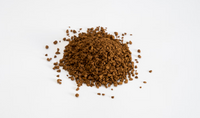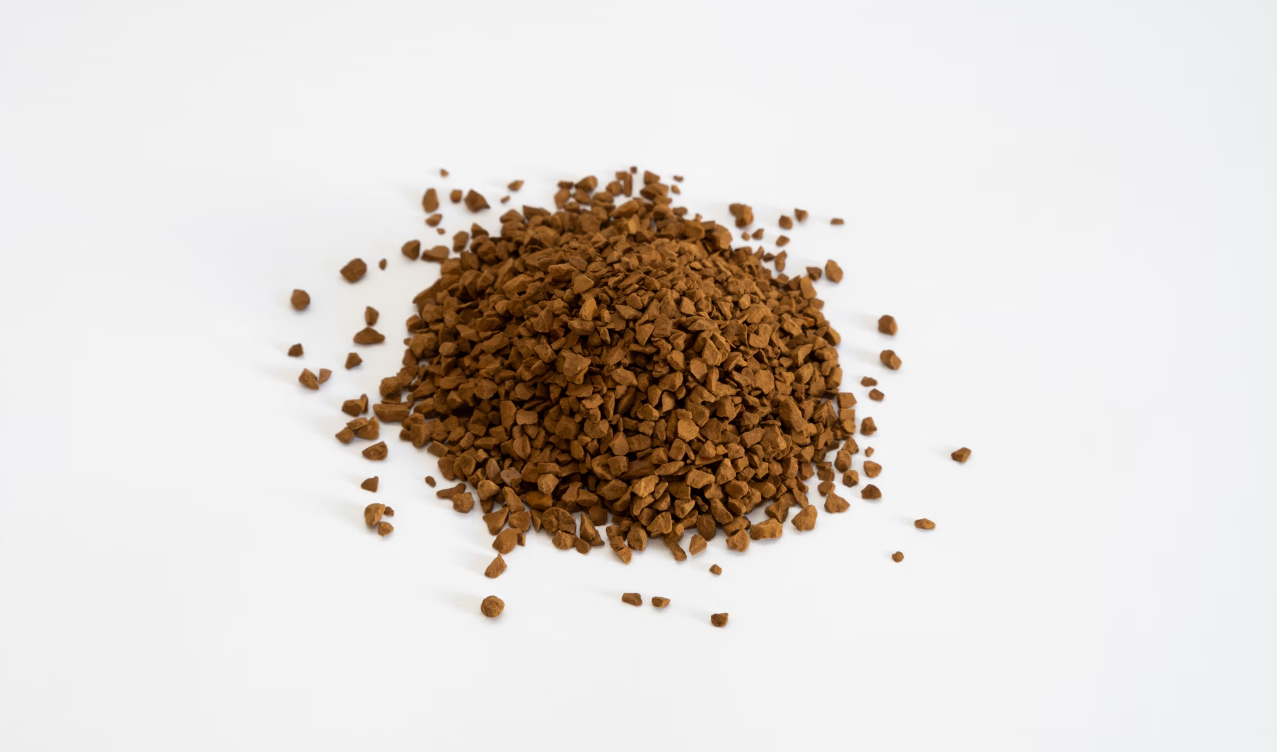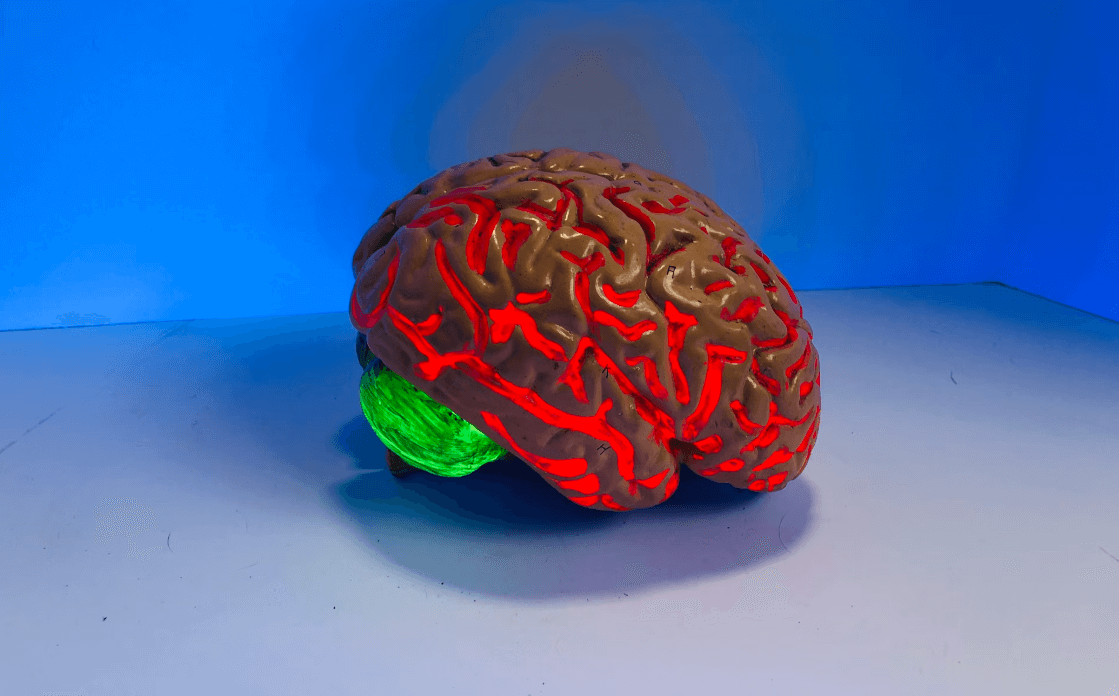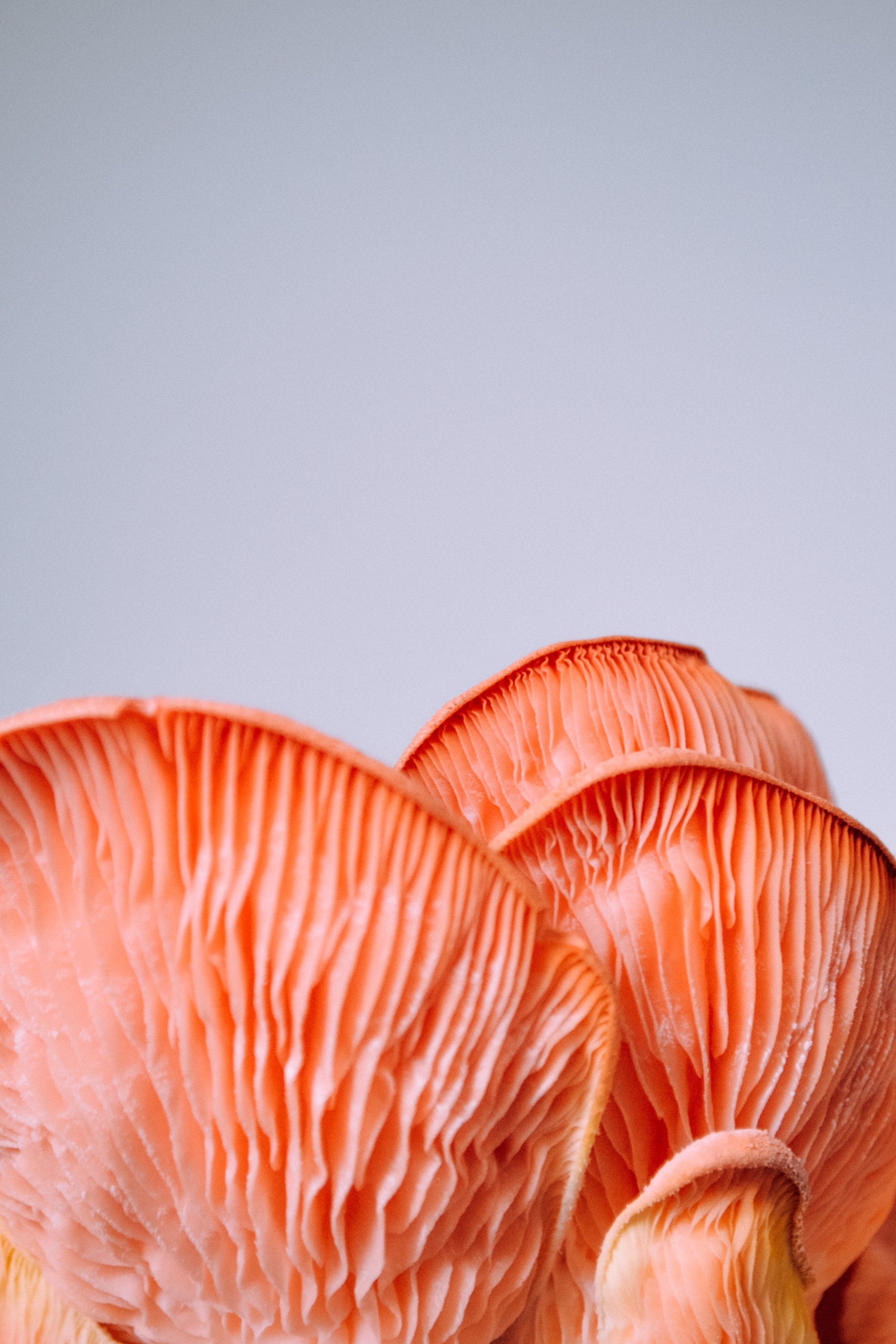With the rising popularity of mushroom coffee as a natural health drink, many moms-to-be are wondering if it’s safe to include in their daily routine. Mushroom coffee is packed with medicinal mushroom extracts, which are touted for their health benefits, from boosting immunity to enhancing focus. But is it safe to drink mushroom coffee while pregnant? This article will guide you through everything you need to know about mushroom coffee during pregnancy, including its benefits, potential risks, and how to approach it safely.
Introduction
Pregnancy brings about a lot of changes, from diet to lifestyle choices. Many women find themselves cutting down on or even giving up regular coffee due to its caffeine content. Mushroom coffee offers an interesting alternative—it's lower in caffeine and combines coffee with medicinal mushrooms, such as lion’s mane, chaga, and reishi, each with unique health benefits. But when it comes to pregnancy, the question remains: Is mushroom coffee safe for pregnant women? Let’s dive deeper into what mushroom coffee is and whether it’s a good choice for expecting moms.
What is Mushroom Coffee?
Mushroom coffee is a unique blend of coffee and adaptogenic mushroom extracts. Popular mushrooms found in these blends include lion’s mane, known for its potential to support cognitive function, and chaga, believed to have immune-boosting properties. Some mushroom coffees are regular coffee blends, but others are low-caffeine or even caffeine-free, making them appealing for those seeking a gentler pick-me-up.
Unlike regular coffee, mushroom coffee typically contains less caffeine and includes adaptogenic compounds from mushrooms that may help the body respond to stress. This combination of adaptogens and lower caffeine levels has made mushroom coffee popular among people seeking a health-conscious coffee alternative.
Is Mushroom Coffee Safe During Pregnancy?
The safety of drinking mushroom coffee during pregnancy largely depends on the specific ingredients and on each individual's unique pregnancy needs. Here’s what to consider:
- Caffeine Content: Mushroom coffee usually contains less caffeine than regular coffee, but it still has caffeine unless it’s labeled as caffeine-free. Health experts generally recommend that pregnant women limit caffeine intake to around 200 mg per day. With mushroom coffee, the caffeine content is often lower, but it’s still essential to monitor it as part of your overall caffeine intake.
- Medicinal Mushrooms: Certain mushrooms, like reishi and lion’s mane, have adaptogenic effects, which can influence the immune system and stress response. While some research suggests these mushrooms are beneficial, there’s limited information on their effects during pregnancy. Currently, there’s no substantial evidence indicating they are harmful, but pregnant women should proceed with caution, as these mushrooms may have subtle effects on the body.
- Individual Reactions: Pregnant women should always consult their healthcare provider before introducing any new foods or supplements, including mushroom coffee. Every pregnancy is unique, and while mushroom coffee may be safe for some, others may need to avoid it.
In short, while there’s no conclusive research indicating that mushroom coffee is unsafe during pregnancy, it’s wise to consult with your healthcare provider and keep consumption moderate.
Can Pregnant Women Drink Mushroom Coffee?
For most pregnant women, drinking mushroom coffee in moderation could be fine, as long as it fits within their daily caffeine limits and they are mindful of their body’s reaction. Here’s what to consider:
- Look for Low-Caffeine or Caffeine-Free Options: Caffeine-free mushroom coffee options are often the safest bet for pregnant women, allowing you to enjoy the benefits of mushrooms without the potential risks associated with caffeine.
- Choose Quality Brands: Stick to trusted brands that offer high-quality, organic mushroom extracts without additives or artificial flavors.
- Monitor Your Health: Keep track of how you feel after drinking mushroom coffee. If you notice any adverse effects, it may be best to avoid it for the remainder of your pregnancy.
It’s also important to remember that research on the effects of mushroom coffee on pregnant women is still limited, so erring on the side of caution is always wise.
Dosage Guidelines
There are no specific guidelines on how much mushroom coffee pregnant women can safely consume. However, here are a few general tips to help you enjoy it safely:
- Stick to Small Servings: Start with a small serving, such as half a cup, to see how your body reacts.
- Limit Caffeine Intake: If your mushroom coffee contains caffeine, keep track of your total daily caffeine intake, including other sources, to stay within the recommended 200 mg daily limit.
- Check for Additional Ingredients: Some mushroom coffee blends contain other herbs or adaptogens. Always review the ingredient list to make sure you know what you’re consuming and check with your doctor if you’re unsure.
Benefits of Grateful Earth Mushroom Coffee
One popular brand on the market, Grateful Earth, offers mushroom coffee that’s widely praised for its health benefits and quality. Here are some reasons why it’s popular:
- High-Quality Ingredients: Grateful Earth mushroom coffee uses organic, sustainably-sourced mushrooms, which can provide peace of mind regarding the product’s purity and safety.
- Lower Caffeine Levels: Grateful Earth’s blends typically have a lower caffeine content than regular coffee, making it a gentler option for those who want to limit their caffeine intake.
- Potential Health Benefits: Their mushroom coffee blend includes mushrooms like lion’s mane for brain support, cordyceps for energy, and chaga for immune support—all of which can benefit general wellness. However, remember that while these benefits are appealing, research on their effects during pregnancy is limited.
Although Grateful Earth mushroom coffee might offer a high-quality, gentle alternative to regular coffee, pregnant women should still use caution and consult their doctor before incorporating it into their routine.
Wrapping Up
So, is mushroom coffee safe during pregnancy? The answer isn’t black and white. While some women may enjoy mushroom coffee during pregnancy without issues, others may need to be more cautious. Mushroom coffee often contains less caffeine than traditional coffee and has additional adaptogenic benefits from mushrooms. However, since research on the effects of medicinal mushrooms during pregnancy is still limited, it’s essential to proceed with caution.
If you’re considering adding mushroom coffee to your diet while pregnant, start by talking to your healthcare provider and choosing caffeine-free or low-caffeine options. Enjoying mushroom coffee in moderation may be perfectly safe, but it’s always best to stay informed and prioritize your health and that of your baby.
Frequently Asked Questions
Q: Can I drink mushroom coffee while pregnant?
A: Possibly, but it’s best to consult with your healthcare provider first. Mushroom coffee has lower caffeine than regular coffee, but it still contains medicinal mushrooms, which may have effects that aren’t fully understood during pregnancy.
Q: Can you have mushroom coffee while pregnant?
A: Yes, but with caution. Stick to low-caffeine or caffeine-free options and consult with your healthcare provider to ensure it’s safe for you.
Q: Is mushroom coffee safe for pregnancy?
A: There’s no clear evidence against it, but limited research on the effects of medicinal mushrooms during pregnancy makes it important to be cautious.
Q: How much mushroom coffee can a pregnant woman drink?
A: It’s recommended to limit caffeine intake to 200 mg per day, so factor in the caffeine content in your mushroom coffee. Always consult your doctor for personalized guidance.
Q: What are the benefits of mushroom coffee for pregnant women?
A: Mushroom coffee can be a gentler alternative to regular coffee and may offer adaptogenic support, potentially helping with stress. However, its safety profile for pregnancy is not well-studied, so moderation and consultation with a doctor are advised.


















